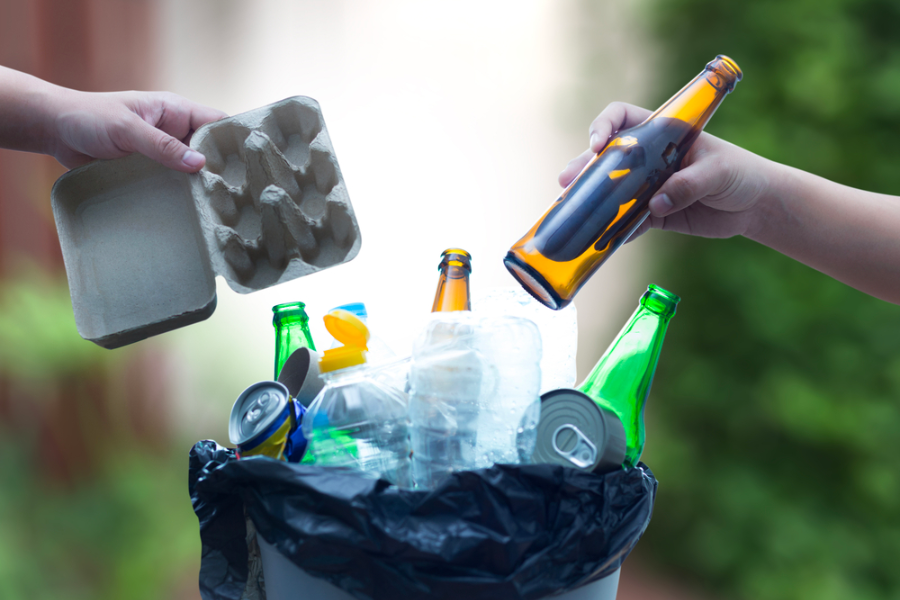Groundhog Day Alert: Recycling Under Attack Again
Despite claims that recycling is a "lie," the reality is that recyclables are valuable raw materials, not just waste shipped overseas, and strict industry standards help ensure their quality. While fraudulent practices exist, the U.S. is actually a net importer of recycled plastics, and more advocacy is needed to combat misinformation and highlight recycling’s success.
Once again, recycling is under attack. Once again, we are being told that recycling is a lie. That the recyclables we sort and place on the curbside are just mixed with garbage and shipped overseas. That we are sending our trash to unsuspecting countries. Once again, this is not true.
The most recent attack came in a Valentine’s Day The New York Times opinion piece The Story You Have Been Told About Recycling Is A Lie. We are told that we stopped sending our trash to the nearest landfill and instead chose to send it across the oceans. This, of course, is utter nonsense. Why would anyone send garbage overseas when the transportation cost to the nearest landfill and its tipping fee is so much less than the cost of sending it further?
What is particularly egregious is the lack of data. We aren’t told what “trash” is or how many tons we ship to other countries. Is “trash” our run of the mill garbage or is it bales of mixed plastics sold by unscrupulous dealers as recyclable plastics in spite of diapers and bags in the bales? Nor are we told about the hundreds of millions of tons of metals, paper, glass, plastics and electronics that are routinely recycled throughout the world. Why mess up a good story with facts.
The reality that con artists sell bales of contaminated “recyclables” is nothing new. That’s why the Recycled Materials Association developed specifications defining hundreds of grades of metal, paper, glass, plastic and electronic recyclables. Those specs include strict limits on “contaminants” and “prohibitives” so that buyers get raw materials, not trash. ReMA’s specs helped make metals, paper and glass recycling the success they are throughout the world. They have the potential to do the same for plastics and electronics. Oddly, the Times piece makes no mention of that success.
Share Post





